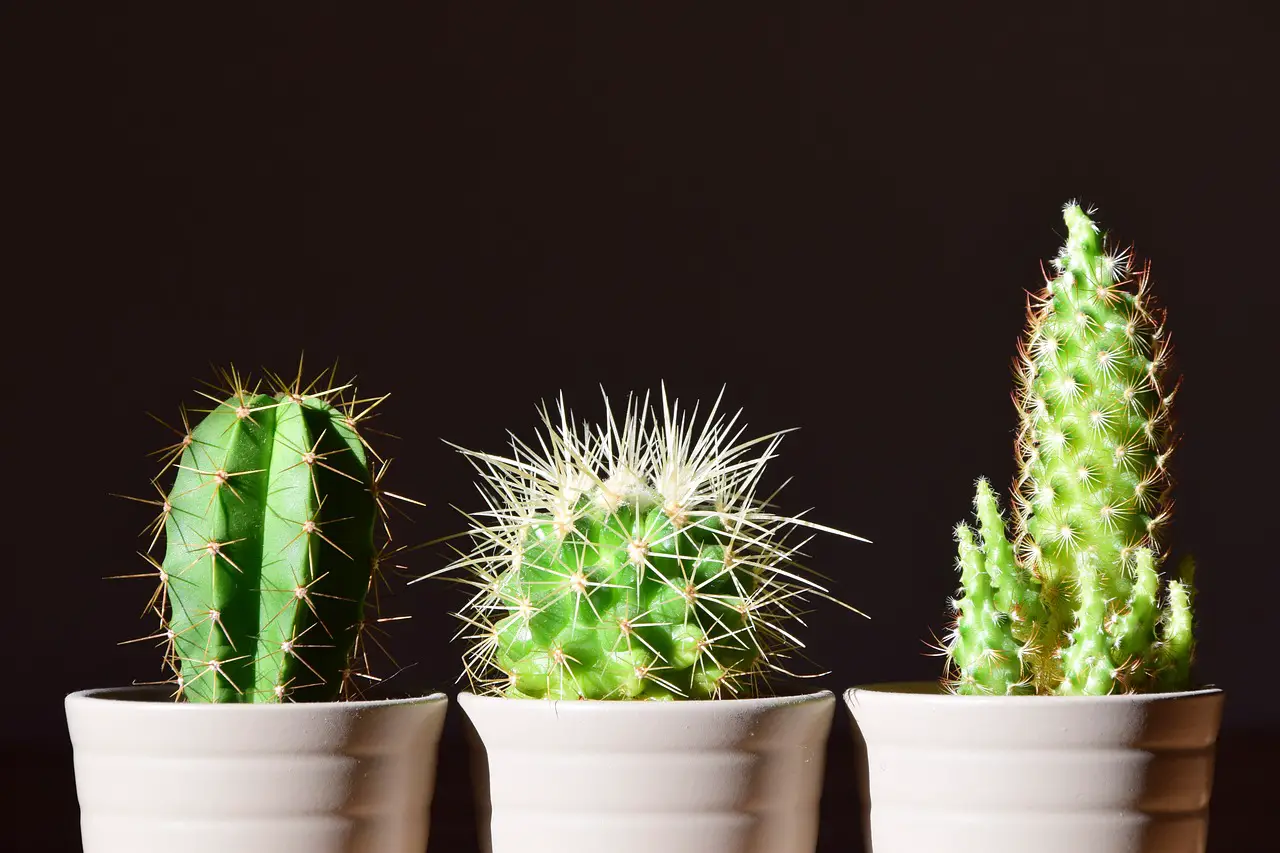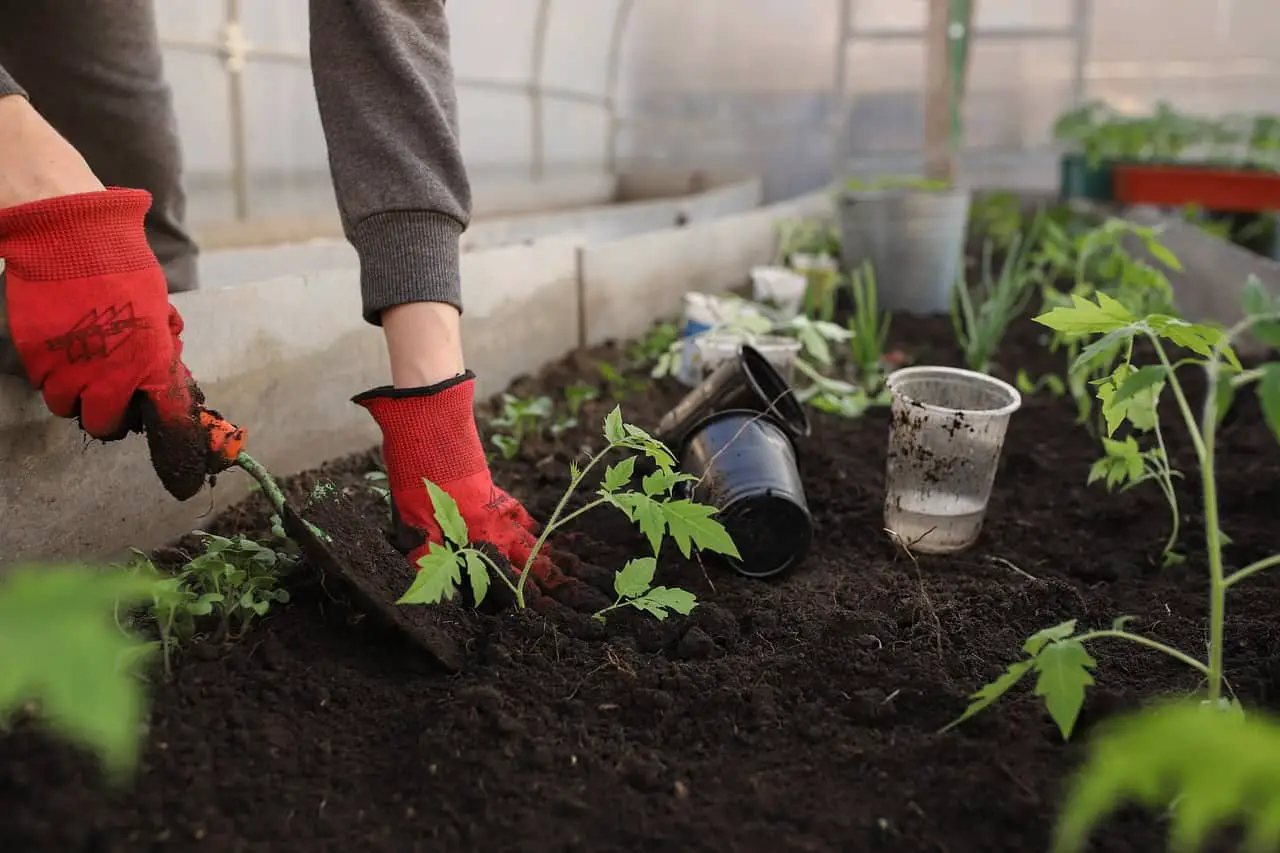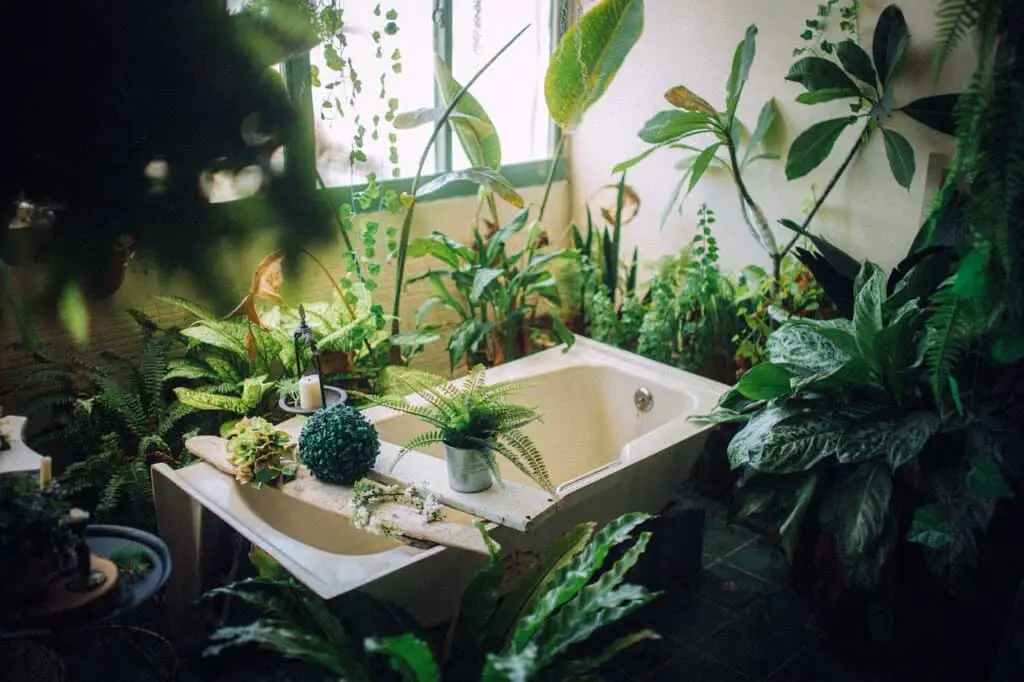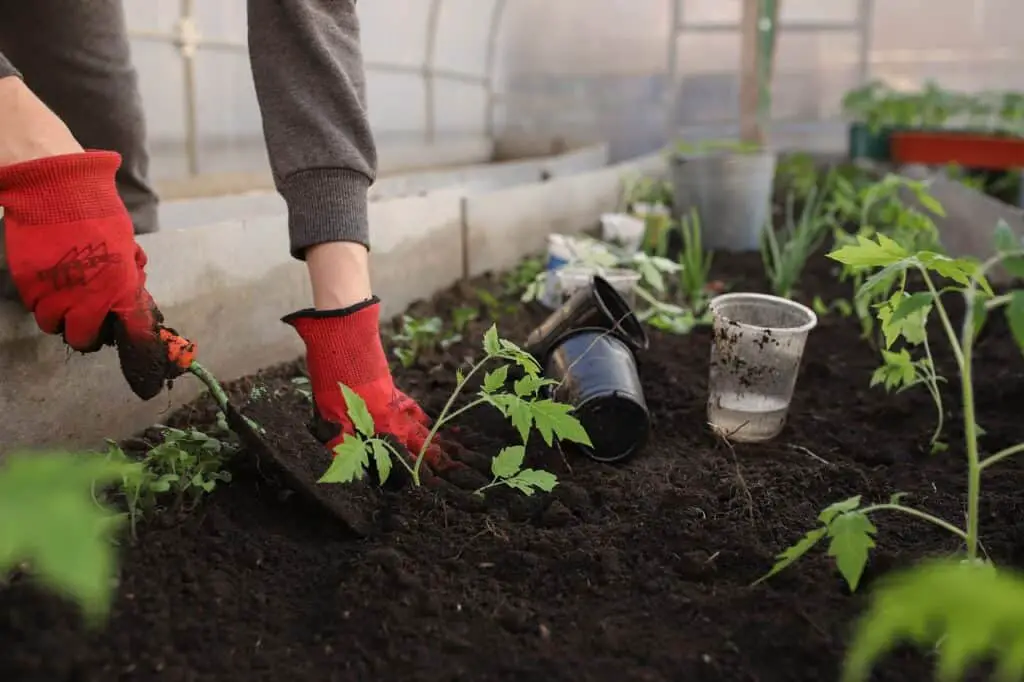Not all plants contribute positively to the olfactory experience in gardens or indoor spaces. Some are renowned for their less-than-pleasant odors. One of the most infamous examples is the “Corpse Flower” (Amorphophallus titanum), aptly named for its aroma that resembles a decaying animal. This massive flower emits its stench to attract carrion flies as pollinators.
The “Voodoo Lily” (Sauromatum venosum) is another notorious plant with an odor akin to rotting meat. Its crimson-colored spathe and speckled stem might intrigue, but the scent is far from appealing.
If you’re after a different kind of horticultural experience, you might consider cultivating these aromatic offenders. However, be prepared for some interesting conversations about their distinctive scents.
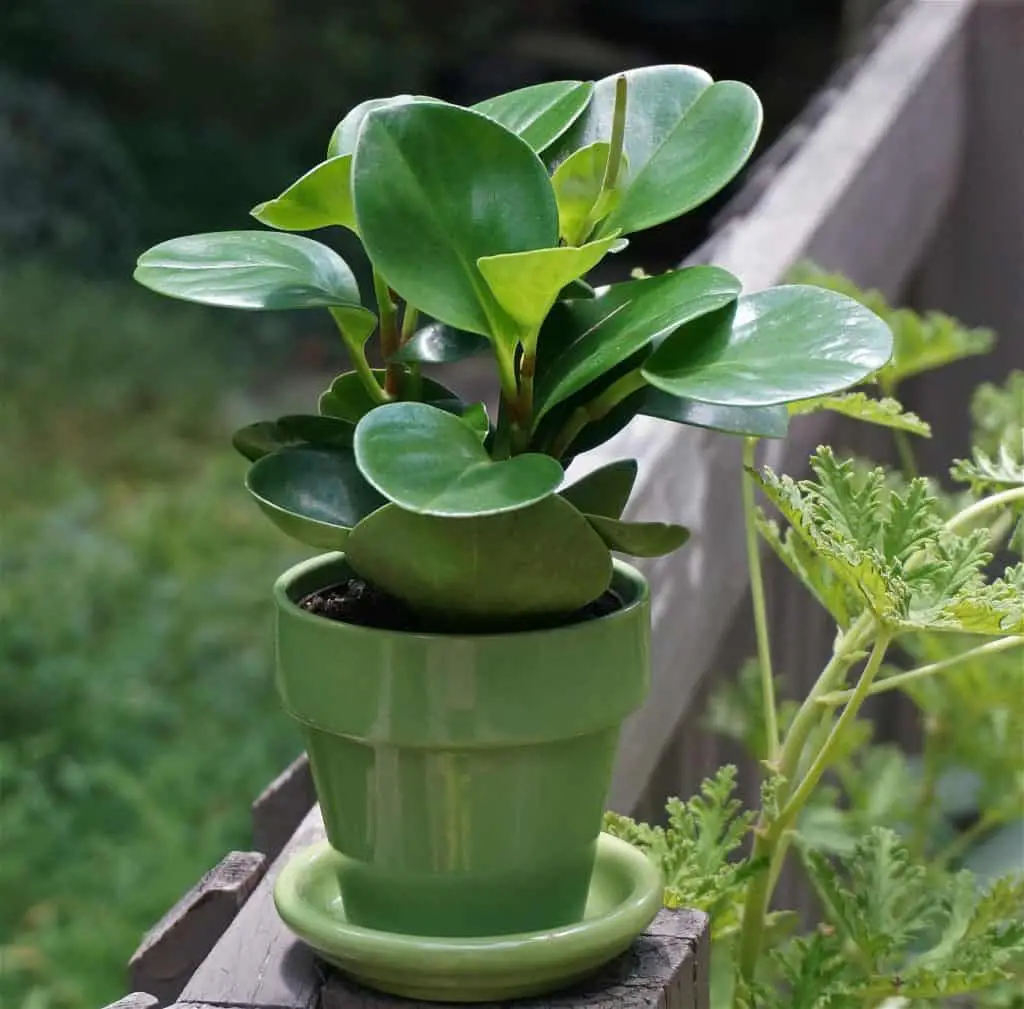
Why Does My Plant Smell Bad?
Unpleasant odors from your plants can be a cause for concern. Understanding the reasons behind the bad smell is the first step in addressing the issue. Here are some common factors that can make your plant emit an unpleasant odor:
Root Decay: One of the leading causes of bad-smelling plants is root decay. When the roots of your plant begin to rot due to waterlogged soil or poor drainage, they release foul-smelling gases, often similar to the smell of rotten eggs.
Bacterial Growth: Stagnant water or soil with low aeration can encourage the growth of anaerobic bacteria. These bacteria produce hydrogen sulfide gas, which has a distinctive rotten egg odor.
Overwatering: Keeping your plant’s soil constantly wet can lead to root problems and unpleasant smells. It’s crucial to water your plant only when the top layer of soil is dry.
Inadequate Drainage: If your plant pot lacks proper drainage holes, excess water can accumulate at the bottom, causing root rot and foul odors.
Why does my plant emit a bad odor, and is it harmful to the plant’s health?
Bad-smelling plants are typically a sign of underlying issues, such as root decay or bacterial growth, which can affect your plant’s overall health if left unaddressed.
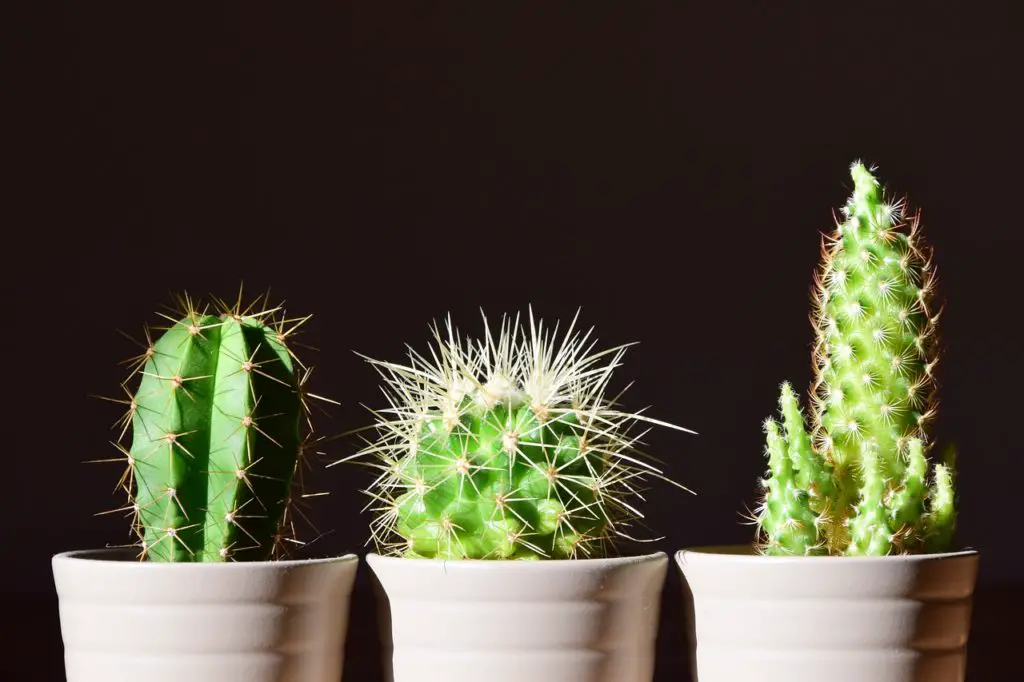
How Do You Stop Stagnant Water from Smelling?
Stagnant water, whether in hydroponic systems or plant trays, can develop unpleasant odors if not managed properly. To prevent this issue, consider these solutions:
Aeration: Improve water aeration by using air stones or water pumps. Proper circulation reduces the chances of anaerobic bacteria thriving and producing foul-smelling gases.
Changing the Water: In cases of severe odor, replacing the stagnant water with fresh, clean water is an effective solution. Be sure to provide your plants with water that is free from impurities and chemicals.
Regular Monitoring: Keep an eye on the water quality and the health of your plants’ roots. Healthy roots are less likely to emit bad odors.
How can I prevent stagnant water from smelling bad in my hydroponic system?
To stop stagnant water from smelling bad in hydroponic systems, ensure proper aeration, change the water when necessary, and monitor root health.
Why Does My Plant Smell Like Poop?
The unpleasant odor of your plant resembling that of feces can be off-putting. Several factors can contribute to this issue:
Overwatering: Excess moisture can create waterlogged soil, leading to root problems and a bad smell similar to sewage.
Decomposing Matter: Organic matter, such as dead leaves or debris in the soil, can decompose and produce foul odors.
Anaerobic Conditions: Poor aeration can lead to anaerobic conditions in the soil, where bacteria produce hydrogen sulfide gas, causing the unpleasant smell.
Why does my plant smell like poop, and how can I fix it?
A plant smelling like feces can result from overwatering, decomposing matter, or anaerobic conditions. Proper care, including adjusting watering habits and maintaining good soil hygiene, can help address this issue.
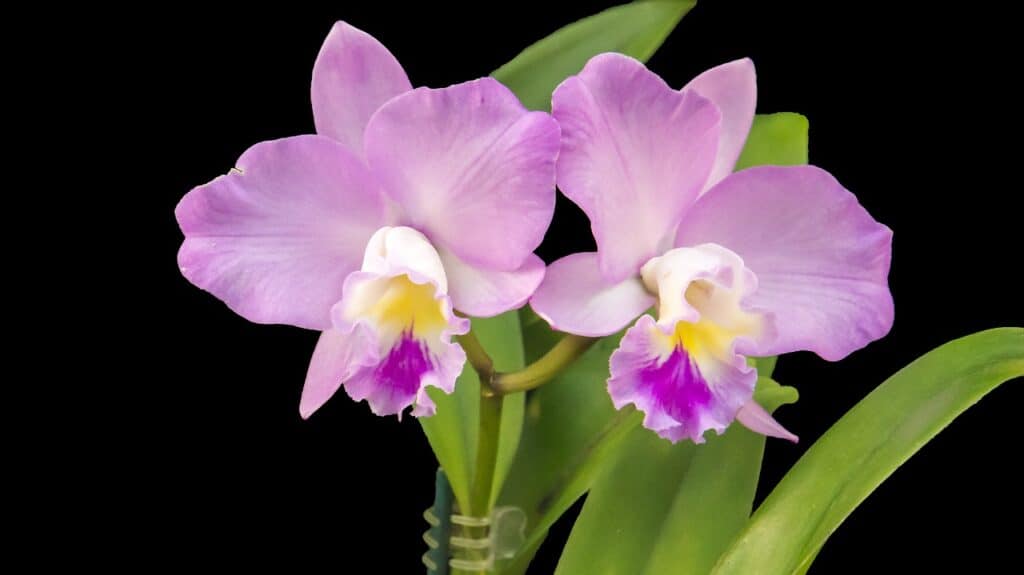
What Flower Smells Like a Skunk?
While most people prefer flowers with pleasant fragrances, some are curious about unique scents. There are indeed flowers that emit a skunk-like odor. A famous example is the “Skunk Cabbage” (Symplocarpus foetidus), which is known for its pungent smell resembling that of a skunk. The flower uses this odor to attract pollinators like flies.
If you encounter a flower with such a scent, it’s best appreciated from a distance.
Are there flowers that smell like skunks?
Yes, some flowers, like the Skunk Cabbage, emit a skunk-like odor to attract specific pollinators. These unique scents are a part of the natural world’s diversity.
This article provides insights into the causes of unpleasant plant odors and offers practical solutions to fix them, from addressing root decay to improving water quality and drainage. Additionally, it briefly explores unique flower scents, including those reminiscent of skunks. If you have any specific preferences or further adjustments, please feel free to let me know.
